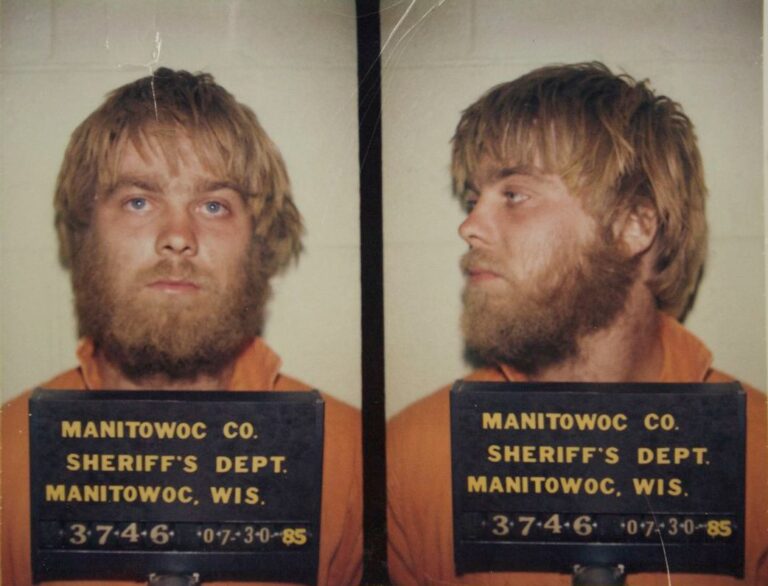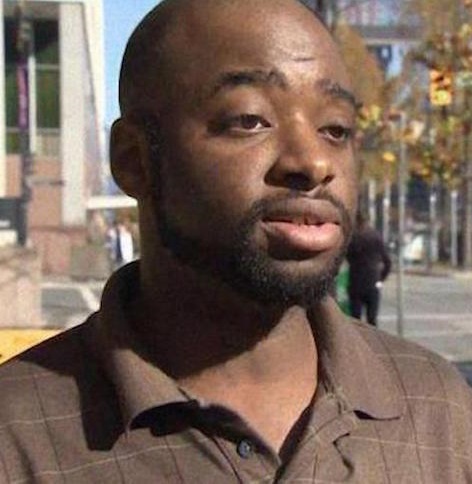All content categorized with: Criminal Legal System
Filter
Post List
Keynote Remarks: How the Criminalization of Poverty has Become Normalized in American Culture and Why You Should Care
The subject of my talk today is how the criminalization of poverty has become normalized in American culture and why you should care.The Ohio Model for Combatting Debtors’ Prisons
In 2013, the ACLU of Ohio released a report titled The Outskirts of Hope: How Ohio’s Debtors’ Prisons Are Ruining Lives and Costing Communities. The report exposed the blatantly unconstitutional practice in courts across Ohio of jailing people who were too poor to pay their court fines and fees, and along with our ongoing advocacy efforts, resulted in sweeping change across the state. This Essay looks at the destruction modern debtors’ prisons have on individuals, families, and communities and overviews the research, advocacy, and communications tools the ACLU of Ohio has used to successfully combat debtors’ prisons. The goal is to give an overview of the “Ohio Model” for combatting debtors’ prisons and to relay practical advice on launching similar campaigns in other states.Online Case Resolution Systems: Enhancing Access, Fairness, Accuracy, and Efficiency
Online case resolution (OCR) systems have the potential to dramatically increase access to our justice system. Part I introduces the concept of an OCR system, how it might work in practice, and its likely impact on courts and citizens. Part II argues that OCR systems can lower many of the barriers to going to court by reducing the need for face-to-face resolution of disputes; cutting the amount of time needed for hearings; mitigating litigant confusion and fear; allowing asynchronous scheduling that can accommodate work and child-care schedules; and offering a more reliable and easier-to-use means for litigants to voice their views. These advantages should especially benefit those of lower socioeconomic status, who often suffer disproportionality under the status quo. Part III contends that OCR systems need not compromise a judge’s or a prosecutor’s decision-making process but can actually enhance both. OCR systems can provide more, better, and easier-to-use information, and by removing a litigant’s appearance (race, gender, weight, etc.) from a judge’s consideration, can render outcomes less subject to implicit biases.
Whitewashing wrongful conviction: reflecting on Making a Murderer
By Breanna Caldwell Associate Editor, Vol. 21 Executive Editor, Vol. 22 On the off chance that you have been able to avoid the national phenomenon surrounding the Netflix documentary series, Making a Murderer, since it first aired in December 2015, I will provide a brief overview of the…Keynote Remarks
In communities across America today, from Ferguson, Missouri, to Flint, Michigan, too many people—especially young people and people of color—live trapped by the weight of poverty and injustice. They suffer the disparate impact of policies driven by, at best, benign neglect, and at worst, deliberate indifference. And they see how discrimination stacks the deck against them. So today, as we discuss the inequality that pervades our criminal justice system—a defining civil rights challenge of the 21st century—we must also acknowledge the broader inequalities we face in other segments of society. Because discrimination in so many areas—from the classroom, to the workforce, to the marketplace—perpetuates the inequality we see in our justice system. And for those already living paycheck-to-paycheck, a single incident—whether an arrest by the police or a fine by the court—can set off a downward spiral. It can lead to a cycle of profound problems that ruin lives and tear apart families. Problems like losing your health care, your job, your children, or your home. As someone who focuses on civil rights work and criminal justice reform, I see these problems every day. But today in America, I also see a country on the cusp of change. Across a wide range of political perspectives, policymakers and advocates have come together to bridge divides and support meaningful criminal justice reform. And I’m proud to say that this administration—and this Department of Justice—has made criminal justice reform a top priority. We believe that our country needs, and deserves, a criminal justice system that more effectively protects our communities, more fairly treats our people, and more prudently spends our resources. And we believe that no matter how deeply rooted and long-standing the injustices that underlie inequality in our criminal justice system—with clear thinking, hard work and collaboration—we can make real progress.Good cops, bad cops, and the so-called YouTube effect
By Jason Raylesberg Associate Editor, Vol. 21 In my last post, I described how some states have allocated funds toward initiatives seeking to theoretically establish what is already known in practice about profiling by police. I argued that such money would be better spent implementing more immediately impactful…
Fear of United States police officers causes one Black man to seek asylum in Canada
By Breanna Caldwell Associate Editor, Vol. 21 Kyle Lydell Canty is a 30-year-old Black male from the United States who has become so fearful that he will be killed by U.S. police officers because he is Black that he has applied for asylum in Canada on the basis of…Should targeted crimes against police bring “hate crime” enhancements? Red Wing reconsiders
By Javed Basu-Kesselman Associate Editor, Vol. 21 The city council of Red Wing, Minnesota voted on Monday, October 12 to revisit a previous hate crime resolution. The original resolution, passed September 28, called for federal hate crime protection for police. Noting that police offers have recently become the…New California law aims to combat racial profiling by police: it sounds good, but will it create any change?
By Jason Raylesberg Associate Editor, Vol. 21 California and Missouri recently instituted separate measures to curb racial profiling within the legal system. In response to widespread police brutality nationally, California passed the “Racial and Identity Profiling Act of 2015,” requiring police officers to record identity characteristics, i.e. race,…Stop the frisks: why stop-and-frisk receipts are not the answer
By Breanna Caldwell Associated Editor, Vol. 21 Background: Unconstitutional Stop-and-Frisks In 1964, New York introduced its first stop-and-frisk law.[1] Under the statute, a police officer was authorized to stop a person in a public place if she “reasonably suspect[ed]” that that…

